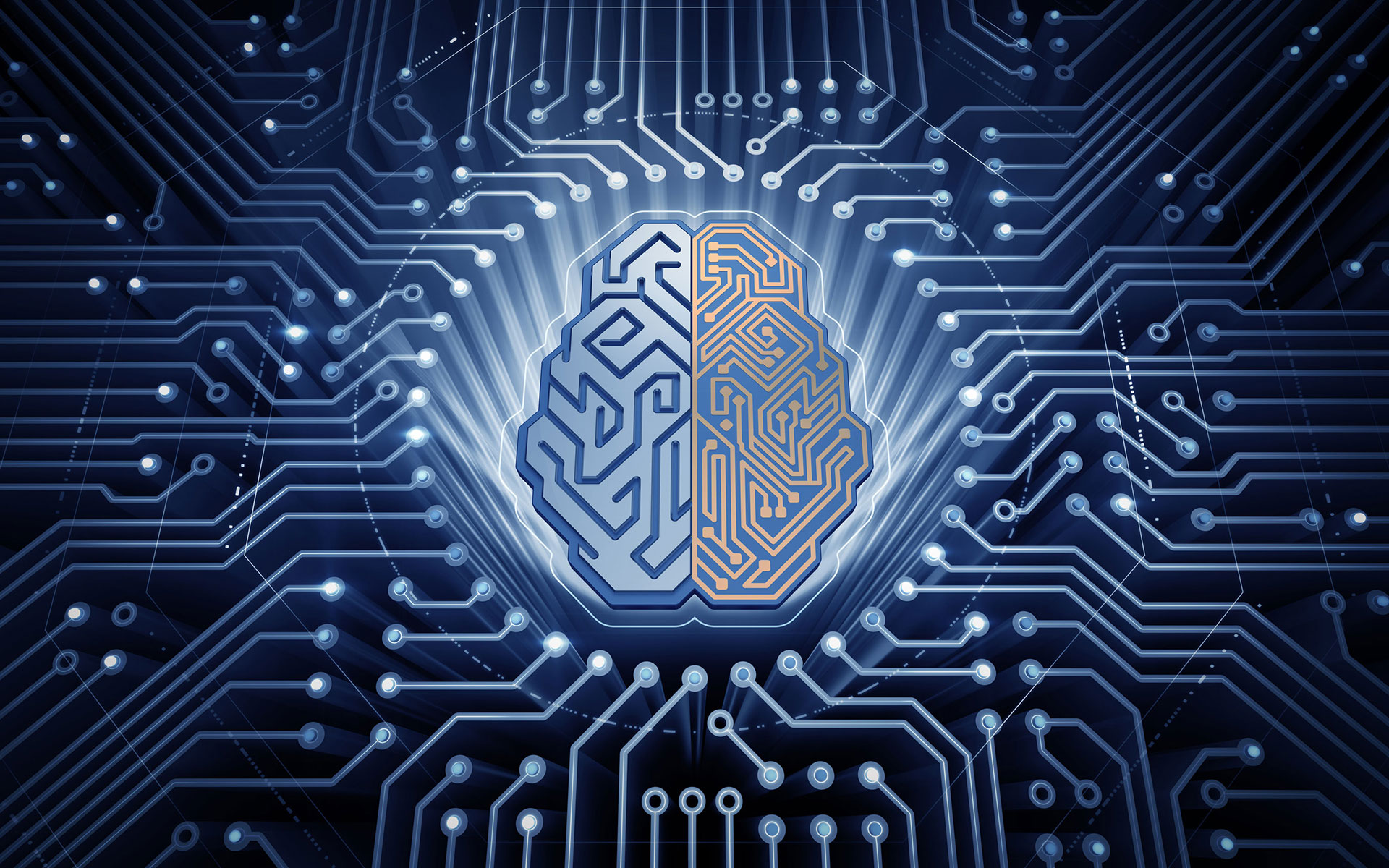„Development of EEG-Analysis to identify the current state of mind of the driver and possibly dangerous medical conditions“
Background
Development of an Android/iOS-App connected with a wearable, wireless EEG-Headband (MUSE) to offer a constant EEG analysis. The received (medically important) data will be used to generate information for the driver, in the future maybe being directly linked to the car.
This system would allow a permanent and objective monitoring of the driver’s health and state of mind, improving the safety for him and other people.
Problem
The EEG shows the electrical brain activity and thus provides objective information about brain function and levels of arousal; also fatigue or stress level. Activity patterns in different areas of the brain can be monitored.
There are 2 use cases in a car:
1. Before starting the car and being able to start the drive, the system could check the driver’s brain function for medical conditions (like epilepsy, migraine,…), but also his lever of attention or stress, which can be influenced by things like low blood sugar levels, alcohol, sleep deprivation,… This will allow a „health check“ and inform the driver about possibly dangerous conditions, before he notices them himself.
2. The system will offer a permanent monitoring of level of attention or stress. This can inform the driver about short periods of distraction, but also about increasing inattention over a long drive and suggest taking a break. Also, the stress level can be monitored, which can cause the driver to make bad decisions, long before he will realize that he is stressed or angry. Similar with inattention.
In summary, the system can improve the safety for drivers with medical conditions (diabetes, epilepsy), but also for healthy drivers, informing them about dangerous brain activity before he will realize it.
There are 2 use cases in a car:
1. Before starting the car and being able to start the drive, the system could check the driver’s brain function for medical conditions (like epilepsy, migraine,…), but also his lever of attention or stress, which can be influenced by things like low blood sugar levels, alcohol, sleep deprivation,… This will allow a „health check“ and inform the driver about possibly dangerous conditions, before he notices them himself.
2. The system will offer a permanent monitoring of level of attention or stress. This can inform the driver about short periods of distraction, but also about increasing inattention over a long drive and suggest taking a break. Also, the stress level can be monitored, which can cause the driver to make bad decisions, long before he will realize that he is stressed or angry. Similar with inattention.
In summary, the system can improve the safety for drivers with medical conditions (diabetes, epilepsy), but also for healthy drivers, informing them about dangerous brain activity before he will realize it.
Actual Challenge
The EEG-Amplifiers (Producer MUSE) will be provided by brainboost Neurofeedback, as well as the Android tablets (Samsung Galaxy Tab). MUSE is offering an open and comprehensive API and SDK: www.choosemuse.com/developer-kit.
Brainboost Neurofeedback will also offer know-how about EEG parameters and promising approaches.
The Hackathon team will need to build an app with a connection to the MUSE-Headband, analyzing specific EEG parameters and generating information for the driver out of this.
Brainboost Neurofeedback will also offer know-how about EEG parameters and promising approaches.
The Hackathon team will need to build an app with a connection to the MUSE-Headband, analyzing specific EEG parameters and generating information for the driver out of this.
